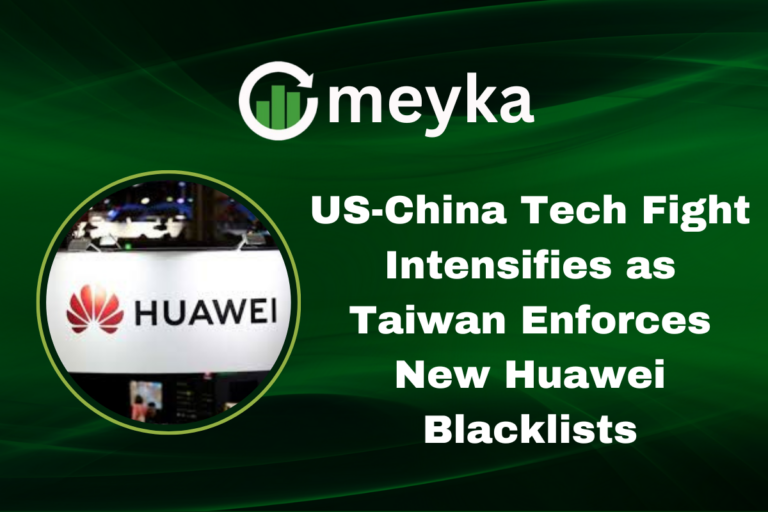Australia and PNG Sign Security Communique Limiting China’s Reach
The Pacific region is witnessing a historic shift in strategic alliances. Australia and Papua New Guinea (PNG) have taken a bold step forward by signing a security communique aimed at curbing China’s growing influence. This agreement strengthens cooperation between the two neighbors and underscores the urgency of safeguarding sovereignty, economic stability, and regional security.
Background of the PNG Sign Security Communique
Papua New Guinea is the largest Pacific Island nation, strategically located near vital trade routes and maritime pathways. For years, China has increased its presence in the Pacific through infrastructure projects, soft loans, and political outreach. This has raised concerns among traditional allies like Australia, the United States, and New Zealand.
By formalizing the PNG Sign Security Communique, Australia and PNG have sent a clear message: regional security must be built on mutual trust and shared democratic principles, not dependency on external powers. The agreement outlines areas of cooperation, including maritime security, cyber defense, intelligence sharing, and joint training programs for security forces.
Why the Agreement Matters for the Pacific Region
The Pacific has become a battleground for influence between major powers. China’s expansion through initiatives like the Belt and Road has brought both opportunities and risks. Many Pacific Island countries face high debt burdens due to Chinese loans, creating vulnerabilities in sovereignty.
The Australia-PNG security pact directly addresses these risks by providing reliable alternatives. Australia, with its strong economy and democratic governance, offers PNG not just financial support but also long-term capacity-building. This partnership strengthens Pacific resilience while ensuring decisions are made in the best interest of local populations.
Details of the Security Agreement
The PNG Sign Security deal covers a wide range of areas, making it one of the most comprehensive agreements in the region. Key aspects include:
- Defense cooperation: Joint exercises between Australian and PNG defense forces to build interoperability.
- Cybersecurity initiatives: Measures to prevent cyber threats and safeguard digital infrastructure from foreign manipulation.
- Border and maritime security: Patrols to prevent illegal fishing, smuggling, and unregulated resource exploitation in the Pacific waters.
- Intelligence collaboration: Sharing of information on potential threats, both state and non-state actors.
- Law enforcement support: Training for PNG police to strengthen domestic stability.
Through these initiatives, PNG gains access to resources, training, and technology while Australia strengthens its role as a trusted regional partner.
Limiting China’s Strategic Influence
China has invested heavily in the Pacific, funding ports, roads, and energy projects. However, critics argue that these efforts are less about development and more about gaining strategic footholds. The potential for dual-use infrastructure, projects that can serve both civilian and military purposes, has raised alarms in Canberra and Washington.
The security communique acts as a counterbalance. By securing PNG’s commitment to partner with Australia, China’s room for maneuver in the Pacific narrows. Importantly, this shift is not about excluding China entirely but ensuring its influence does not undermine sovereignty or destabilize the region.
Economic and Strategic Implications
The pact also carries strong economic implications. Australia has promised development assistance alongside the security deal. This ensures PNG does not fall into debt dependency traps that have plagued other nations. Additionally, enhanced security creates a stable environment for trade, investment, and technological advancement.
Global investors, including those tracking AI stocks and future-ready industries, view stability in the Pacific as critical for supply chain security. With maritime routes secure, businesses can rely on smoother trade flows, further boosting regional economies.
Broader Geopolitical Context
The agreement also reflects growing cooperation between allies beyond bilateral ties. The Quad (Australia, India, Japan, and the United States) has shown interest in the Pacific as part of a broader Indo-Pacific strategy. Strengthening PNG’s position aligns with these efforts, creating a stronger collective security shield.
For PNG, aligning with Australia ensures its voice is heard in broader multilateral forums, rather than being overshadowed by global superpowers. This move allows smaller nations to participate in shaping regional policy, rather than being passive recipients of aid or influence.
Challenges and the Road Ahead
While the communique represents progress, challenges remain. PNG faces internal economic pressures, governance issues, and infrastructure gaps. Implementing the security measures requires funding, human resources, and long-term commitment.
Australia must also balance its role carefully. Heavy-handed involvement could be seen as neo-colonialism, which would undermine trust. The key lies in fostering equal partnership, respecting PNG’s sovereignty, and delivering tangible benefits to its citizens.
If these challenges are managed well, the PNG Sign Security pact could become a model for other Pacific nations, inspiring them to strengthen ties with democratic allies while reducing dependency on external powers.
Conclusion
The Australia-PNG Security Communique is more than a bilateral agreement; it is a defining moment for the Pacific. It limits unchecked influence, strengthens democratic partnerships, and enhances security in a region of immense strategic importance. With coordinated defense, cybersecurity, and economic development, this pact sets the stage for a more resilient Pacific future.
As global competition intensifies, the Pacific’s voice and choices matter. The decision by Australia and PNG to sign this landmark agreement proves that unity and trust remain the strongest defense against external pressures.
FAQs
It is a formal agreement between Australia and Papua New Guinea to strengthen cooperation in defense, cybersecurity, maritime patrols, and intelligence sharing, while reducing dependence on China.
The deal limits China’s influence by offering PNG an alternative partnership based on trust, transparency, and sustainable development instead of debt dependency.
Enhanced security fosters stability, which attracts investment and strengthens trade. PNG gains development assistance, while Australia ensures secure maritime routes and stronger regional partnerships.
Disclaimer:
This content is made for learning only. It is not meant to give financial advice. Always check the facts yourself. Financial decisions need detailed research.






